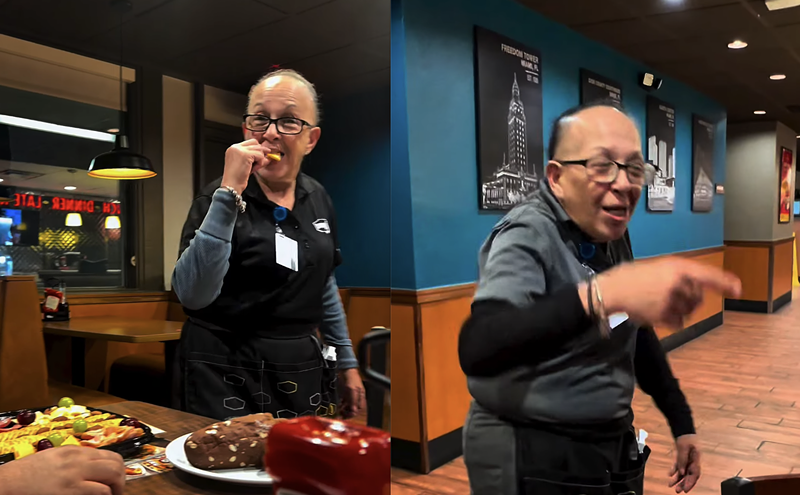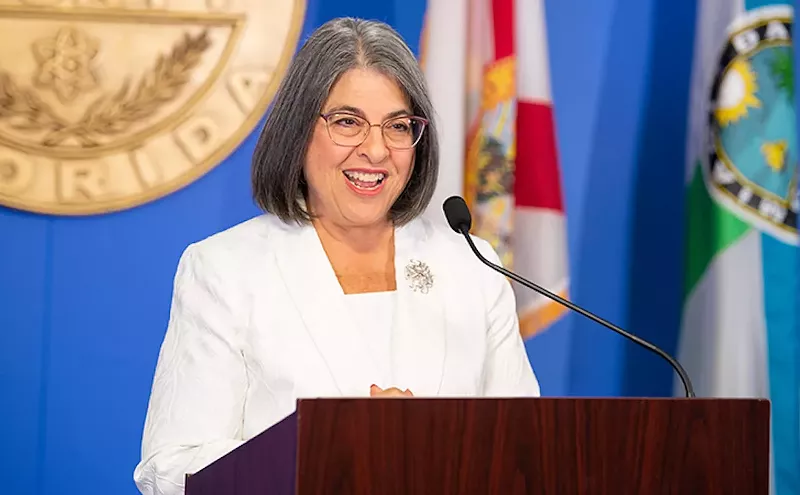Spastic and impressionistic, Random Acts of Flyness is the free jazz of television, a searing collage of black life in America with a rhythm all its own. The show is reminiscent of the early, experimental days of televised sketch comedy, particularly the surrealist gags of The Ernie Kovacs Show. But this is Nance’s first foray into television, and his collaborators are largely indie filmmakers like himself. The result is a TV show that feels like no other. Through jarring transitions, ironic juxtapositions and, most of all, an urge to deconstruct television itself, Random Acts, which has already been renewed for a second season, unsettles the familiar patterns of late-night TV comedy. It’s crafted to shake viewers out of their screen-induced stupor.
The show is also, as that interrupted Jon Hamm segment illustrates, a pointed critique of political satire and its effectiveness, or lack thereof, in 2018. Some sketches wouldn’t seem out of place in an episode of Key & Peele, the Comedy Central sketch
But Random Acts is more than a sketch comedy show. The series is shot through with jolting, violent reminders of what it means to be black in America. The first episode begins with Nance recording a video of himself while riding a bicycle through what appears to be Brooklyn, the footage presented on a vertical strip of
Despite an air of ironic detachment, Random Acts is at its core an earnest project, intent on opening up space for marginalized voices. It features running interviews with queer, trans and bisexual people, who muse on life in their bodies; one gender-fluid interlocutor’s story about a date gone awry is rendered via stop-motion animation. Its finger firmly on the arrhythmic pulse of American life circa 2018, Random Acts of Flyness offers the viewer something deceptively simple and frustratingly rare: It shows us something that we haven't seen before, but that’s queasily familiar all the same.
Random Acts of Flyness airs Fridays on HBO.









